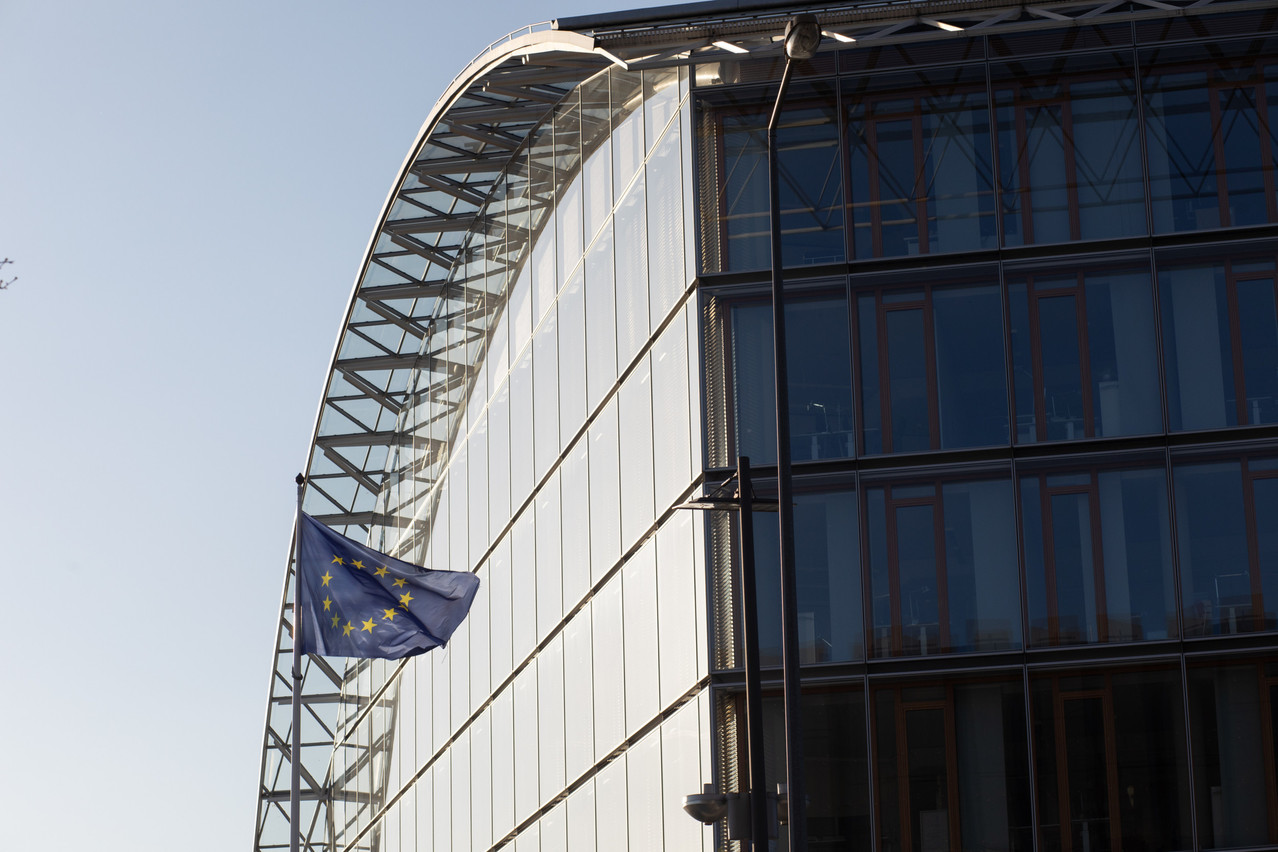European firms have managed to bounce back to pre-pandemic investment levels in 2023, with investments per employee even exceeding previous levels, showcasing the EU’s economic resilience, an annual business sentiment study has found. At the same time, EU firms have negative perceptions of the political and economic climate, said they faced tightening financing conditions, and 8 in 10 reported a shortage of skilled staff, indicating challenges for the upcoming year.
This year’s European Investment Bank Investment Survey was based on interviews with 13,000 businesses in mid-2023. The was presented on Thursday 12 October 2023, during the World Bank and IMF meetings in Marrakesh, Morocco.
Strong investments
According to the report, European firms managed to bounce back to pre-pandemic investment levels in 2023, with 85% of EU companies having invested in the past year. The investments per employee have even exceeded previous levels. This surprising resilience can be attributed in part to the pivotal role played by internal financial reserves and government policy support, particularly during the pandemic, stated the EIB. Surprisingly, Luxembourg and Finland, among their EU peers, registered a net decrease in investments of 4% and 2%, respectively.
Climate change
The report highlighted the escalating physical risks that climate change posed to European businesses, noting a 7% surge from the preceding year, resulting in a total of 64% of EU firms having experienced such risks. Concerns pertaining to the climate emergency increased, as 31% of EU firms perceived it as a threat to their operations, while 29% regarded it as an opportunity. Alarmingly, only 13% of these companies had pursued insurance coverage to mitigate losses associated with climate change.
More than half (56%) of EU firms, according to the EIB, had committed to investments aimed at addressing the causes and consequences of climate change, with 54% planning similar investments in the next three years. This level of commitment surpassed that observed in the United States, where 42% of firms had invested, and 40% had intentions to do so.
Read also
Financial support and government grants
The report also highlighted the reliance of European firms on government grants, with 16% of companies using these grants to finance their investments, amounting to 26% of their total investment. However, this support has declined since the prior year, when 21% of firms received grants.
Credit tightening
The tightening financial conditions and declining economic outlook posed a challenge for European businesses, found the survey. A significant proportion, more than 6% of firms, still faced financial constraints, with the extent varying across EU countries. Dissatisfaction with the cost of financing surged to 14% from 5%, and a pessimistic outlook on external financing conditions was prevalent, particularly among small businesses.
Read also
Digitalisation and energy efficiency
The report also found that the ongoing digital transformation, coupled with escalating energy costs and the green transition, drove investment in European firms. Although 83% of EU companies witnessed rising energy costs, 51% responded by investing in energy efficiency. Furthermore, 78% of EU firms implemented measures to conserve energy.
European companies made substantial strides in digitalisation, with 70% having utilised advanced digital technologies. This progress, while promising, had to continue to keep pace with developments in the US, particularly in artificial intelligence, where the EU still lagged behind, according to the EIB.
The EIBIS report underscored EU firms’ negative perceptions of the political and economic climate. With tightening financing conditions and diminishing policy support, European businesses braced for a challenging year ahead. Additionally, the shortage of skilled staff, which 81% of the firms reported, emerged as a significant obstacle, emphasising, concluded EIB in its survey, the importance of investing in knowledge and skills for sustained success.
